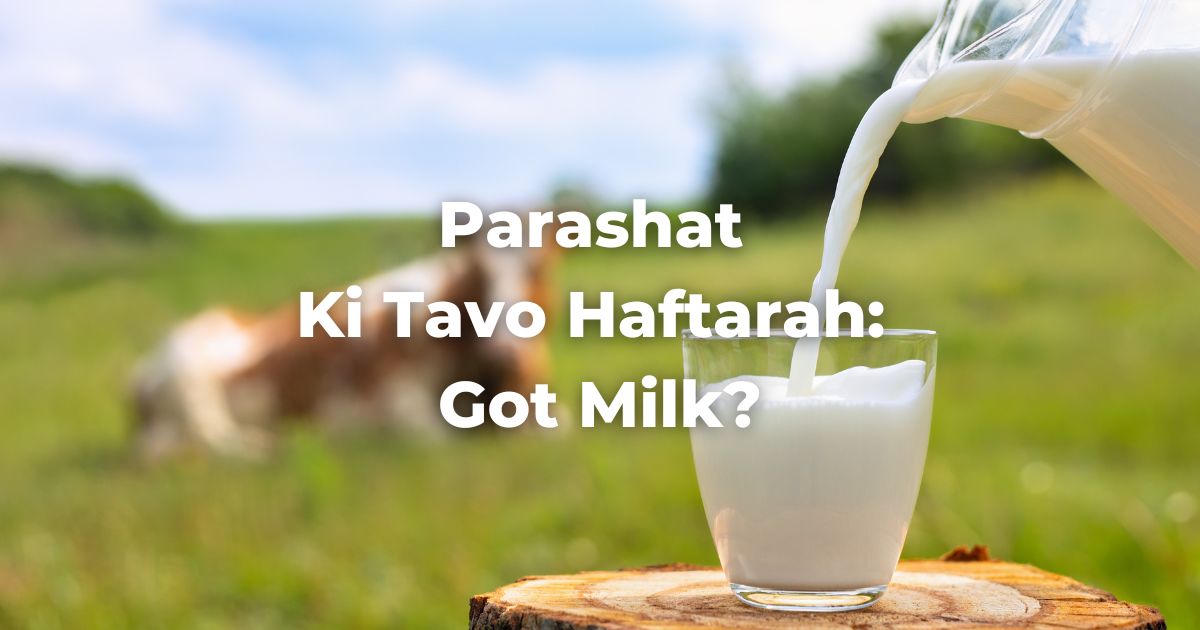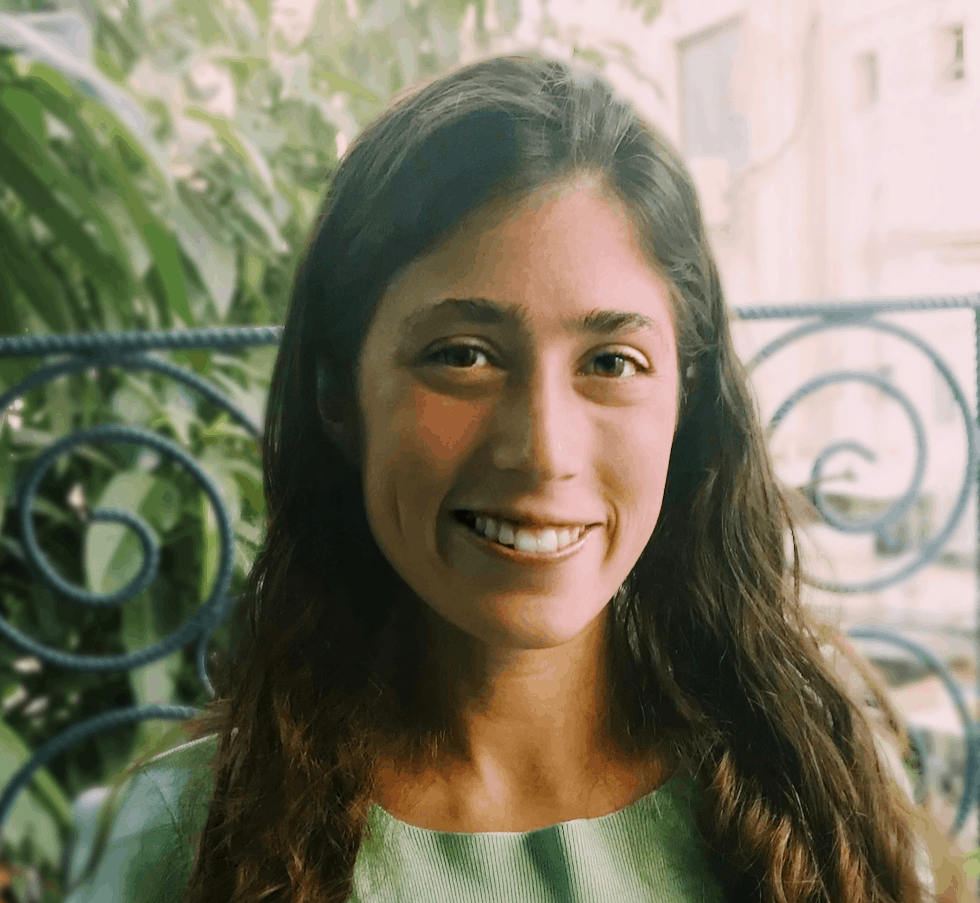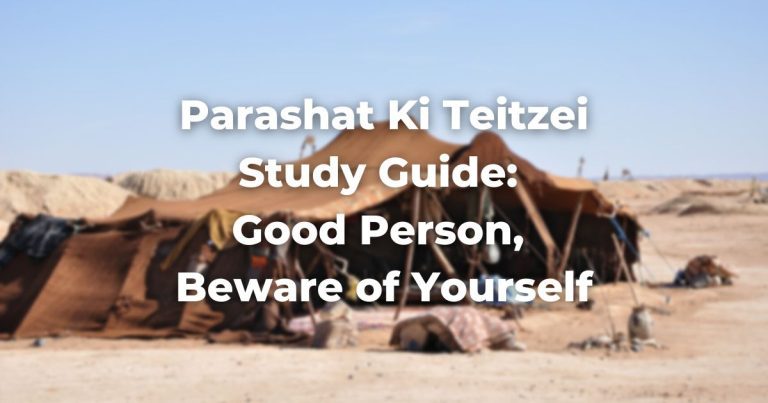During the seven haftarot of consolation, we return again and again to the idea of our nation, Jerusalem, being reunited with her children, once again able to care for them.
The Haftarot of Consolation
It is an undoing of the damage described in Lamentations.
Over the course of these haftarot and this transformation, we learn to suckle at a number of different breasts, each providing a slightly different method of consolation.
We start in Isaiah 49, the haftarah for Eikev. We read, as translated by Robert Alter, “And kings shall be your attendants and princesses your wet nurses. Face to the ground they shall bow to you and lick the dust of your feet. And you shall know that I am the LORD, all who hope for Me shall not be shamed.”
In this verse, we are suckling from the breasts of foreign princesses. However, the emphasis is not on what we receive from them, but rather on degrading them by putting them in this position.
Our nation is elevated and the rulers of foreign nations are fit only to be our servants. The humiliation we imagine here for female rulers is to turn them into our milk providers.
However, the following week, the idea of being a provider of milk is turned on its head. We are returned from suckling at the breast of a wetnurse to suckling at the breast of Jerusalem.
In Isaiah 66, the haftarah for Re’eh, we read, as translated by Alter, “Rejoice with Jerusalem and all who love her exult in her. Be glad with her in gladness, all who mourn for her, that you suck and be sated from her comforting breast, that you drink deep and know pleasure from her glorious teat.”
This image begs the question of who personified Jerusalem is.
She seems to represent all of us, the addressees of Isaiah, and yet is also more than our sum as individuals. Here in Isaiah 66, we are calling her back into existence by rejoicing with her, and even more so, by needing her. It is our suckling that created her ability to give forth comfort, that gives purpose back to her existence.
This week, in the sixth of seven haftarot of consolation, the image is taken even further.
We read, as translated by Alter, “And you shall suckle the milk of nations, royal breasts you shall suckle, and you shall know I am the LORD your Rescuer, and your Redeemer, Jacob’s Mighty One.”
Here, we are combining the force of the past two images.
Once again, the source of our sustenance is foreign nations. However, here we have developed more confidence. We do not seek to shame the other nations by forcing them to be our wetnurses.
Rather, we are bestowing our favor on those nations by allowing them to serve us. Just as our suckling from Jerusalem brought Jerusalem fully into existence, so too does our suckling from the nations create them in the best possible image.
The evolution of our role as people who suckle emphasizes the vital importance of children to the narrative of consolation. The consolation is children, is the next generation, the promise of a future after a broken past.
Jerusalem may have been broken, but it is by mirroring herself in her children that she is able to heal herself. It is through the process of self-reflection and production that she is able to move forward.
See more: Parashat Ki Tavo
Originally posted as part of the Conservative Yeshiva at the Fuchsberg Jerusalem Center’s Torah Sparks. Support TorahRefers to the first five books of the Hebrew Bible, the Tanakh, also called the Five Books of Moses, Pentateuch or the Hebrew equivalent, Humash. This is also called the Written Torah. The term may also refer to teachings that expound on Jewish tradition. Read more learning from the Fuchsberg Jerusalem Center/Conservative Yeshiva for leaders and seekers around the world here.
Authors
-

Bex Stern Rosenblatt is the Conservative Yeshiva’s Faculty-in-Residence for the Mid-Atlantic Region of the United States, teaching Tanach, using the techniques of close-reading, theater, feminist readings, and traditional commentators. Bex also directs the CY’s recruitment efforts in North America. After finishing her B.A. in History and German at Williams College, Bex received a Fulbright Grant to Austria. She later earned an M.A. in TanakhAn acronym for the name of the Hebrew Bible: Torah, Neviim, and Ketuvim. Read more from Bar Ilan University and has also studied at the Conservative Yeshiva and Bina Jerusalem. Bex is the founder of HavrutaA study partner. A hevruta is more than just a ‘study buddy’ it is a serious and personal relationship between colleagues. Also spelled: Havruta Read more Tel Aviv, an organization that facilitates guided pair-learning of the Tanakh.
View all posts -



The Fuchsberg Jerusalem Center (FJC) is a home in the heart of Jerusalem where leaders and seekers can find an authentic place in Jewish tradition to call their own. FJC offers opportunities to study, pray and explore within an egalitarian and inclusive setting, creating multiple pathways for finding personal and communal meaning.
View all posts






